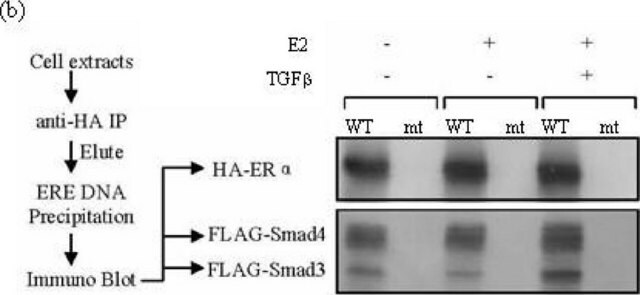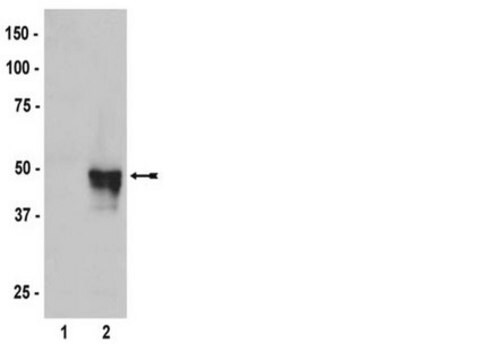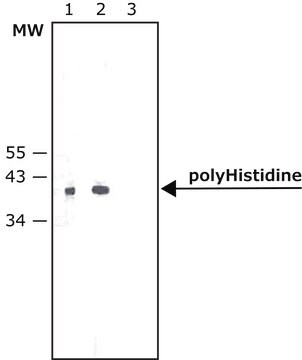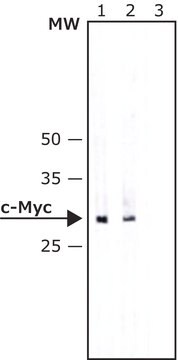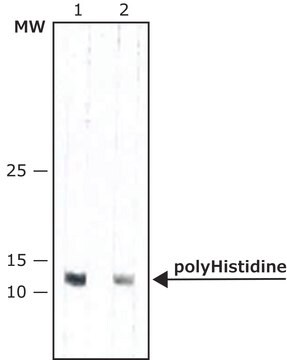A5477
Anticorpo monoclonale Anti-HA
clone HA-7, purified from hybridoma cell culture
Sinonimo/i:
Anti-HA, Anti-emoagglutinina dell’influenza
About This Item
Prodotti consigliati
Origine biologica
mouse
Coniugato
alkaline phosphatase conjugate
Forma dell’anticorpo
purified from hybridoma cell culture
Tipo di anticorpo
primary antibodies
Clone
HA-7, monoclonal
Forma fisica
buffered aqueous glycerol solution
tecniche
western blot: 1:4,000 using extracts of mammalian cells expressing HA tagged fusion proteins
Condizioni di spedizione
wet ice
Temperatura di conservazione
2-8°C
Cerchi prodotti simili? Visita Guida al confronto tra prodotti
Descrizione generale
Specificità
Immunogeno
Applicazioni
Azioni biochim/fisiol
Stato fisico
Stoccaggio e stabilità
Esclusione di responsabilità
Non trovi il prodotto giusto?
Prova il nostro Motore di ricerca dei prodotti.
Codice della classe di stoccaggio
10 - Combustible liquids
Certificati d'analisi (COA)
Cerca il Certificati d'analisi (COA) digitando il numero di lotto/batch corrispondente. I numeri di lotto o di batch sono stampati sull'etichetta dei prodotti dopo la parola ‘Lotto’ o ‘Batch’.
Possiedi già questo prodotto?
I documenti relativi ai prodotti acquistati recentemente sono disponibili nell’Archivio dei documenti.
Il team dei nostri ricercatori vanta grande esperienza in tutte le aree della ricerca quali Life Science, scienza dei materiali, sintesi chimica, cromatografia, discipline analitiche, ecc..
Contatta l'Assistenza Tecnica.